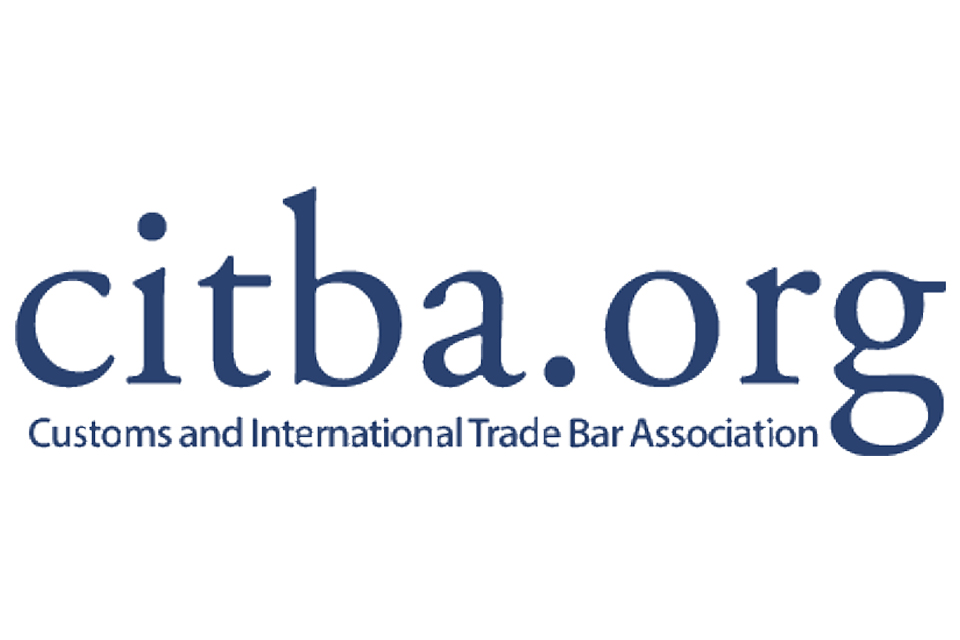By Phillip Euell, Of Counsel
Decentralized cryptocurrency trading, commonly known as DeFi (Decentralized Finance), is increasingly adopting the functions of traditional financial exchanges. Consequently, DeFi is poised to play a prominent role in our future financial landscape. As DeFi increasingly parallels conventional financial markets, the ongoing, yet often overlooked enforcement actions in this domain could significantly influence not just the cryptocurrency sector, but also the broader banking and finance industry.
A prime example of these enforcement actions is the case against Avraham Eisenberg, initiated by the Commodity Futures Trading Commission (CFTC). This case marks a pioneering application of the Commodity Exchange Act (CEA) to cryptocurrency and DeFi, focusing on Eisenberg’s alleged manipulation of Mango Markets, a cryptocurrency trading platform. The outcome of this enforcement action could set a crucial precedent in regulating digital assets, potentially affecting cryptocurrency trading and more.
The CFTC accuses Eisenberg of orchestrating a fraudulent and manipulative scheme to divert over $110 million in digital assets from Mango Markets, a decentralized digital asset exchange. This case is the first instance of the CFTC addressing «oracle manipulation» in a decentralized exchange setting. According to the CFTC, Eisenberg set up two anonymous accounts on Mango Markets and took large leveraged positions in a swap contract involving MNGO, Mango Market’s native token, and USDC, a stablecoin.
Allegedly, Eisenberg then manipulated the price of MNGO by quickly buying the token across three digital asset exchanges. These exchanges acted as data sources (oracles) for Mango Markets to value Eisenberg’s swap positions, leading to an artificial, short-lived surge in their value.
The CFTC further alleges that Eisenberg used the inflated value of his swaps as collateral to withdraw over $110 million from Mango Markets, significantly depleting the platform’s assets. He later returned approximately $67 million, keeping around $47 million in various digital assets.
The CFTC’s approach, treating Eisenberg’s actions as fraud and market manipulation under the CEA, signals a significant expansion of the agency’s scope in regulating decentralized digital exchanges. This new direction indicates a concerted effort by the CFTC to intensify DeFi and crypto market regulation, complementing the more familiar enforcement actions of the Securities and Exchange Commission (SEC) and paving the way for future joint regulatory efforts.
As a result, we should anticipate increased regulatory attention and action in the crypto sector, especially regarding decentralized exchanges and digital assets. The readiness of federal agencies to adopt traditional regulatory frameworks, like the CEA, to address the unique challenges posed by digital currencies and DeFi platforms, marks a step towards more comprehensive oversight of these rapidly evolving markets. Therefore, the Eisenberg case, if successful, could herald a new phase in crypto regulation, where traditional commodities laws are applied alongside federal securities laws to oversee digital asset markets.














































































































































































































































